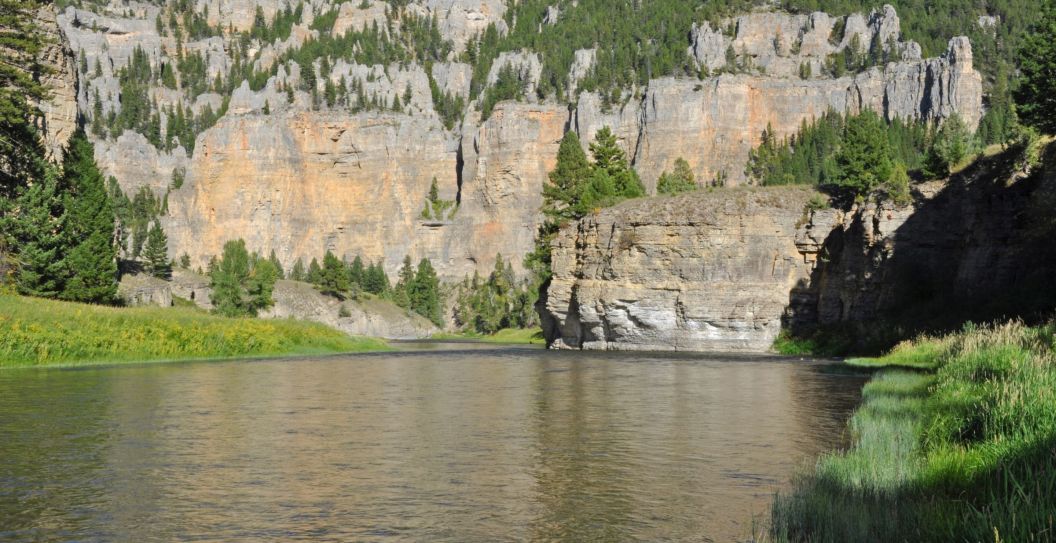A recent court case out of Montana may threaten local trout fisheries.
In a surprising reversal, the Montana Supreme Court recently overruled a lower court's decision regarding the proposed Black Butte Mine. The potential copper mine would sit along the state's Sheep Creek and near the prized trout fishery of Smith River. In a 5-2 vote, the court ruled in favor of the state environmental regulators' decision to issue permits for the copper mine to the mining company.
In what is the officially the final ruling of this case, the court determined that the Department of Environmental Quality (DEQ) satisfied all mining and environmental regulation requirements when it granted the permits.
However, as Montana Trout Unlimited Executive Director David Brooks said, "The history of mining in Montana up to present day makes it clear that hard rock mines put at risk clean, cold water for trout fisheries."
Justice Beth Baker wrote that the court had reviewed "an extensive record" of scientific studies, expert examinations, engineering reports, testing, and comparison with other mining facilities around the world, alongside public comments. Based on this, the Montana Department of Environmental Quality made "a scientifically driven permitting decision that was supported by substantial evidence."
However, environmental groups connected with the state said they plan to keep pushing back against this decision by challenging the proposed mine's water rights claim. That claim will be heard by the Montana Supreme Court later this month. If that attempt is successful, Sandfire Resources America, the Australian company that wants to build the mine, will be forced to purchase additional water rights to continue.
Brooks, the executive director of Montana Trout Unlimited, said he hopes that the water rights avenue will be enough to block the proposed project.
"The mine plans to pump about 805 acre-feet of water per year out of their mine works, but they only have water rights for less than half of that," he said. "They claim they're only using less than half of the water that they pump out of their mines for beneficial use. We are saying that they need water rights for all of that water."
Brooks also believes this ruling proves that regulations in Montana falling under the Environmental Protection Act are insufficient.
"DEQ in this case takes a look at the mine proposal and the research the company has done or contracted to have done, that seems to be sufficient, even though there's good evidence that this mine would pose a serious risk to water quality and quantity," he said.
Another concern for Trout Unlimited and similar groups is the potential for acid mine drainage into the nearby Sheep Creek and Smith River.
Although the high court's ruling is the final determination in this case, another suit challenging the mine's water rights is yet to be decided. The state Supreme Court will hear arguments in that case at the end of March.
In an earlier ruling, a lower court in Montana unanimously sided with the conservation groups, including Montana Trout Unlimited, Montana Environmental Information Center, American Rivers, and Earthworks, but the opponents appealed that decision.




